HONING, SHARPENING STONES
200-30-8-3-5
Length: 200 mm = 7.9 inch
Width: 30 mm = 1.2 inch
Total thickness: 8 mm = 0.32 inch
CBN thickness: 3 mm = 0.12 inch
Blank thickness: 5 mm = 0.2 inch
CBN (cubic boron nitride) is a generic name, there are also other names of this material, depending on manufacturer: borazon, elbor, cubonite, etc. CBN (cubic boron nitride) is the second-hardest material after diamond, and has the best price-performance ratio for processing steels, comparing to other materials, including diamond, silicon carbide or aluminum oxide.
Due to it’s high resistance specs, CBN can be used dry without lubricant. This makes CBN the cleanest of the available sharpening stones.
Bond: innovative hybrid bonds to ensure the best performance, metal-resin bond BP50 for polishing at fine sizes and metal-resin bond BP05 for grinding at coarser grain sizes.
Grain size: Please select from the list, or read Technical information.
In grain selection window you see grain sizes according to standards:
MESH(GRIT)=MICRON
Do not waste your money on cheaper stones with lower/unknown concentration.
Flat solid block on aluminum blank, abrasive grains are evenly distributed across the volume of the stone.
Preparation of sharpening stones
Unlike other sharpening stones, most of these hybrid bond stones do not need preparation, except stones with grits finer 1 microns (<Grit 15000). Ultrafine grains (1/0, 0.5/0) form agglomerates in a bond, so you may need to dress them with abrasive powders/pastes, or they will be self-polished after sharpening of 30-50 knives.
Selection of SiC powders for dressing of sharpening stones
| Stone | Starting grit | Finishing grit |
| 500/400 μ = 35/40= D501 | F16 (1230 μ) | F24 (745 μ) |
| 400/315 μ = 40/45= D426 | F16 (1230 μ) | F46 (370 μ) |
| 315/250 μ = 50/60= D301 | F24 (745 μ) | F46 (370 μ) |
| 250/200 μ = 60/70= D251 | F24 (745 μ) | F60 (260 μ) |
| 200/160 μ = 70/80= D213 | F36 (525 μ) | F60 (260 μ) |
| 160/125 μ = 100/120= D151 | F46 (370 μ) | F80 (180 μ) |
| 125/100 μ = 120/140= D126 | F60 (260 μ) | F100 (129 μ) |
| 100/80 μ = 140/170= D107 | F60 (260 μ) | F120 (109 μ) |
| 80/63 μ = 170/200= D91 | F80 (180 μ) | F150 (82 μ) |
| 63/50 μ = 230/270= D64 | F100 (129 μ) | F180 (69 μ) |
| 50/40 μ = 270/325= D54 | F120 (109 μ) | F220 (58 μ) |
| 40/28 μ = 550= M40 | F150 (82 μ) | F240 (46 μ) |
| 28/20 μ = 650= M25 | F180 (69 μ) | F320 (30 μ) |
| 20/14 μ = 1100= M20 | F240 (46 μ) | F400 (18 μ) |
| 14/10 μ = 1500= M16 | F320 (30 μ) | F400 (18 μ) |
| 10/7 μ = 1700= M10 | F400 (18 μ) | F600 (10 μ) |
| 7/5 μ = 3000= M6.3 | F600 (10 μ) | F800 (6,7 μ) |
| 5/3 μ = 4000= M4 | F600 (10 μ) | F800 (6,7 μ) |
| 3/2 μ = 6000= M1.5 | F800 (6,7 μ) | F1200 (3 μ) |
| 2/1 μ = 10000 | F800 (6,7 μ) | F1200 (3 μ) |
| 1/0 μ | F800 (6,7 μ) | F1200 (3 μ) |
| 0.5/0 μ | F800 (6,7 μ) | F1200 (3 μ) |
Use and cleaning of CBN sharpening stones
Use any comfortable oil (baby, olive..) to prevent glazing. If glazed – clean with alcohol and toothbrush.
Maintenance (in 1-2 years), flattening/revitalization – with silicon (silica) carbide powders on glass plate, grain size selection – according to the table above.
Grain size/operation reference chart
30000 grit = 0.5/0 μ – fine polishing
15000 grit = 1/0 μ – fine polishing
10000 grit = 2/1 μ – fine polishing
5000 grit = 3/2 μ – fine polishing
4000 grit = 5/3 μ – polishing
3000 grit = 7/5 μ – polishing
1700 grit = 10/7 μ – polishing
1500 grit = 14/10 μ – polishing
1100 grit = 20/14 μ – polishing
650 grit = 28/20 μ – polishing
550 grit = 40/28 μ – fine grinding
325 grit = 50/40 μ – fine grinding
285 grit = 63/50 μ – fine grinding
240 grit = 80/63 μ – fine grinding
225 grit = 100/80 μ – fine grinding
160 grit = 125/100 μ – grinding
100 grit = 160/125 μ – grinding
80 grit = 200/165 μ – sharpening / rough grinding
Knife sharpening with CBN combined bond stones


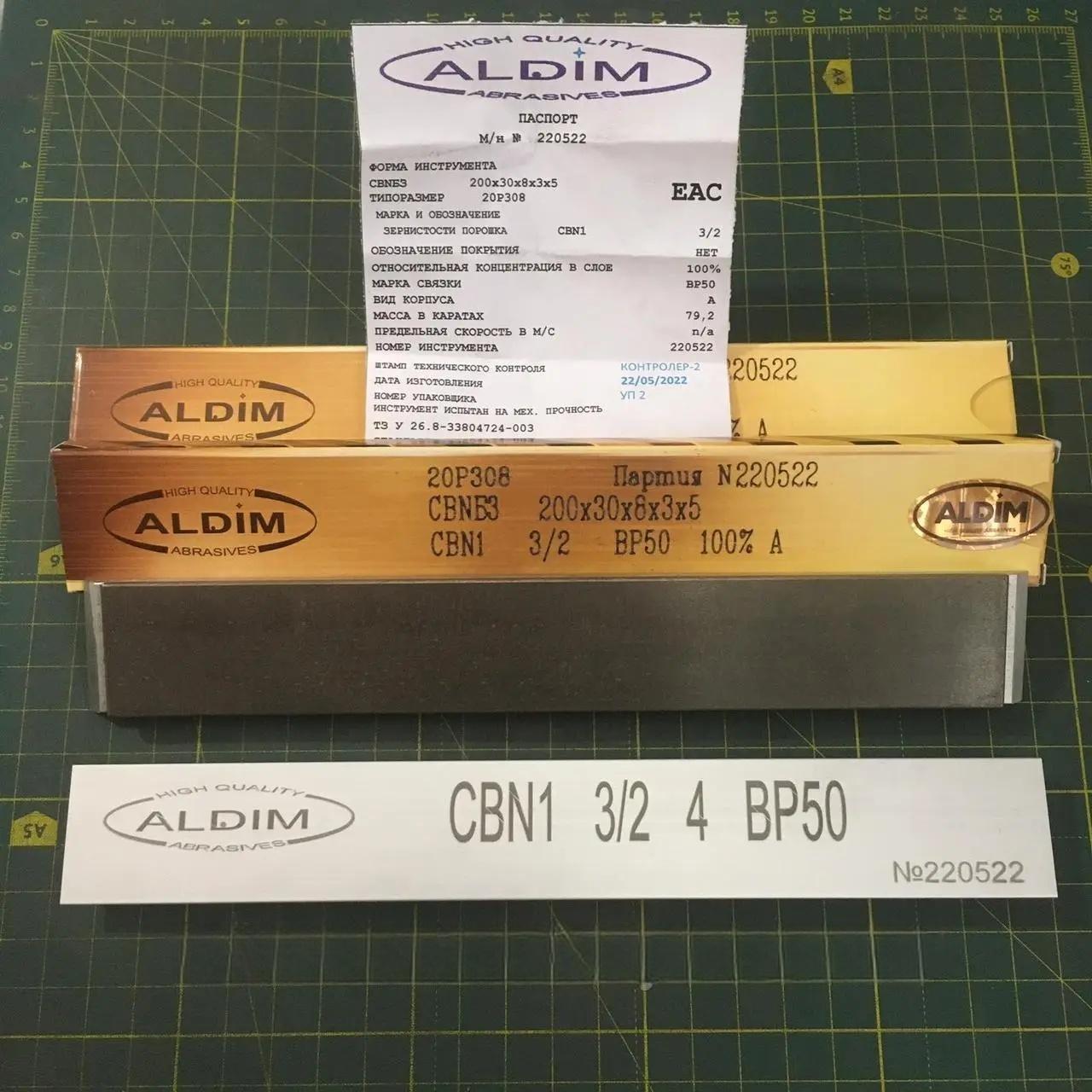
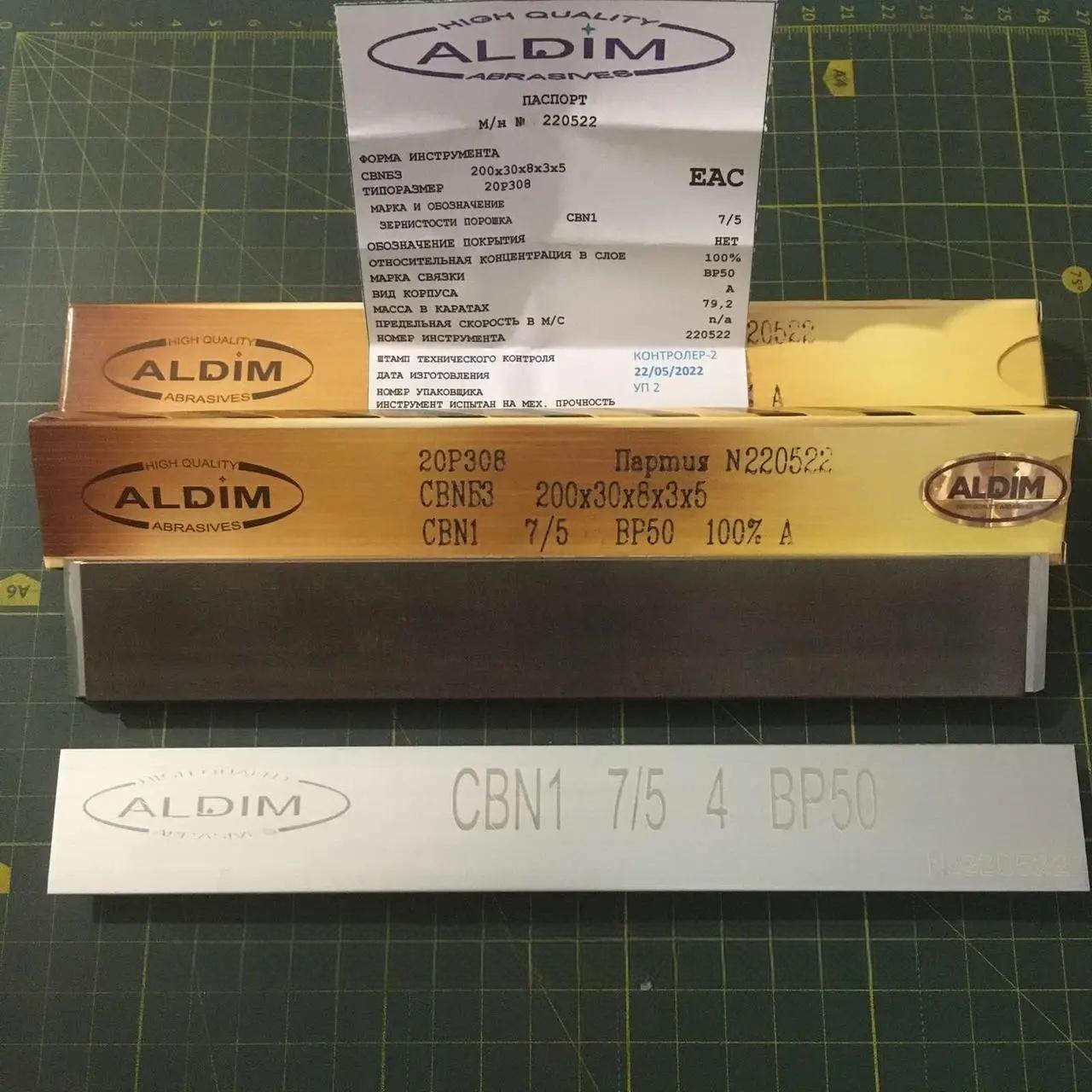

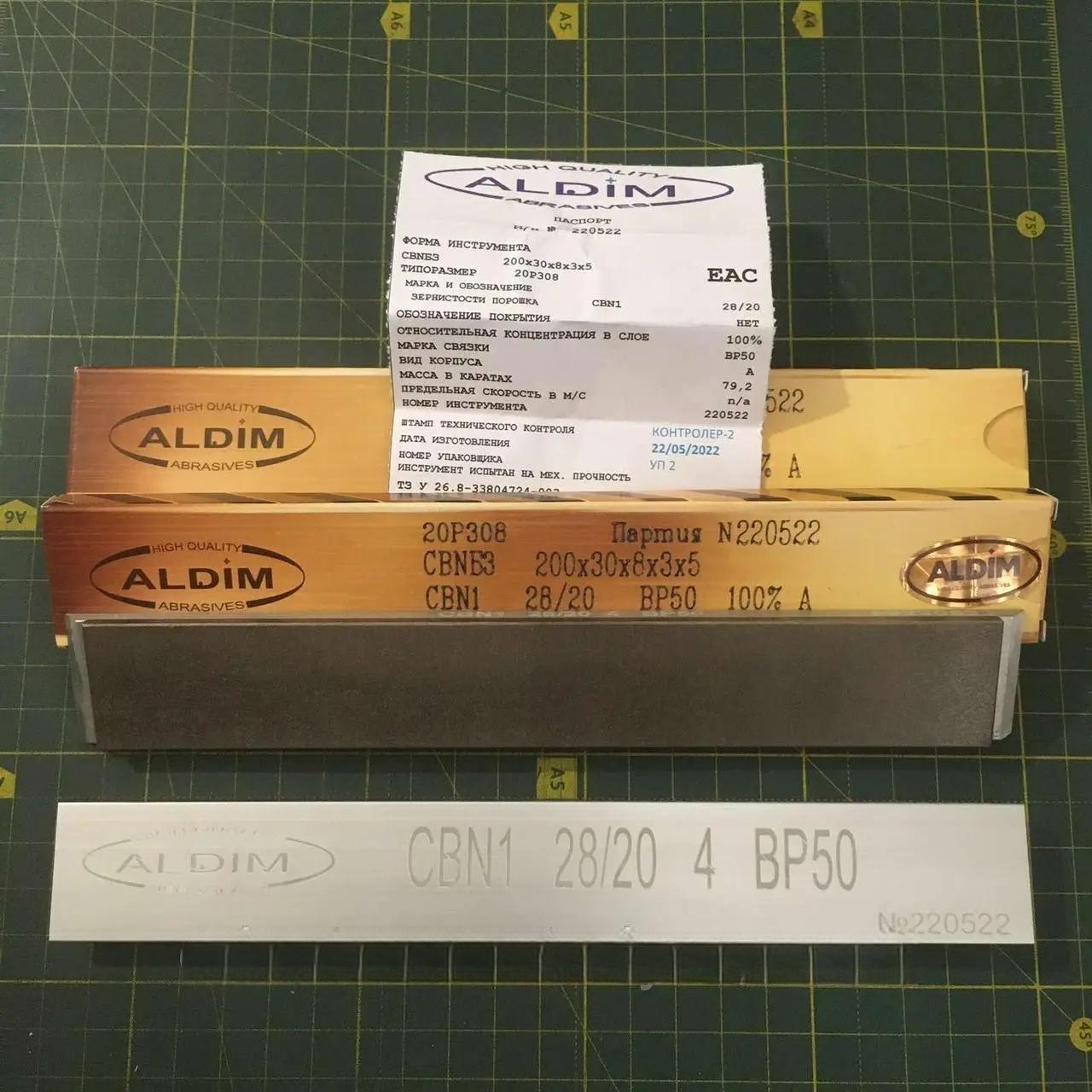
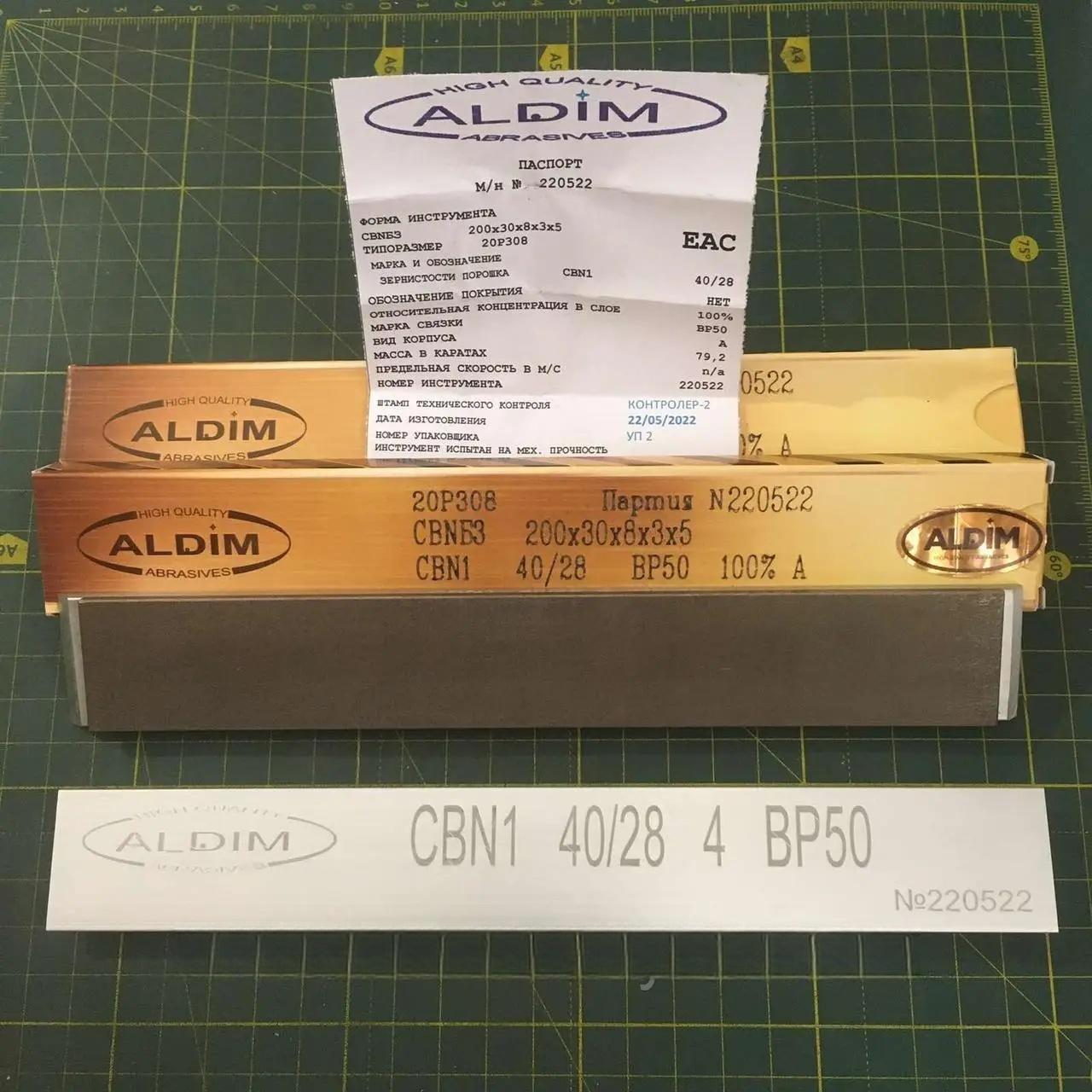
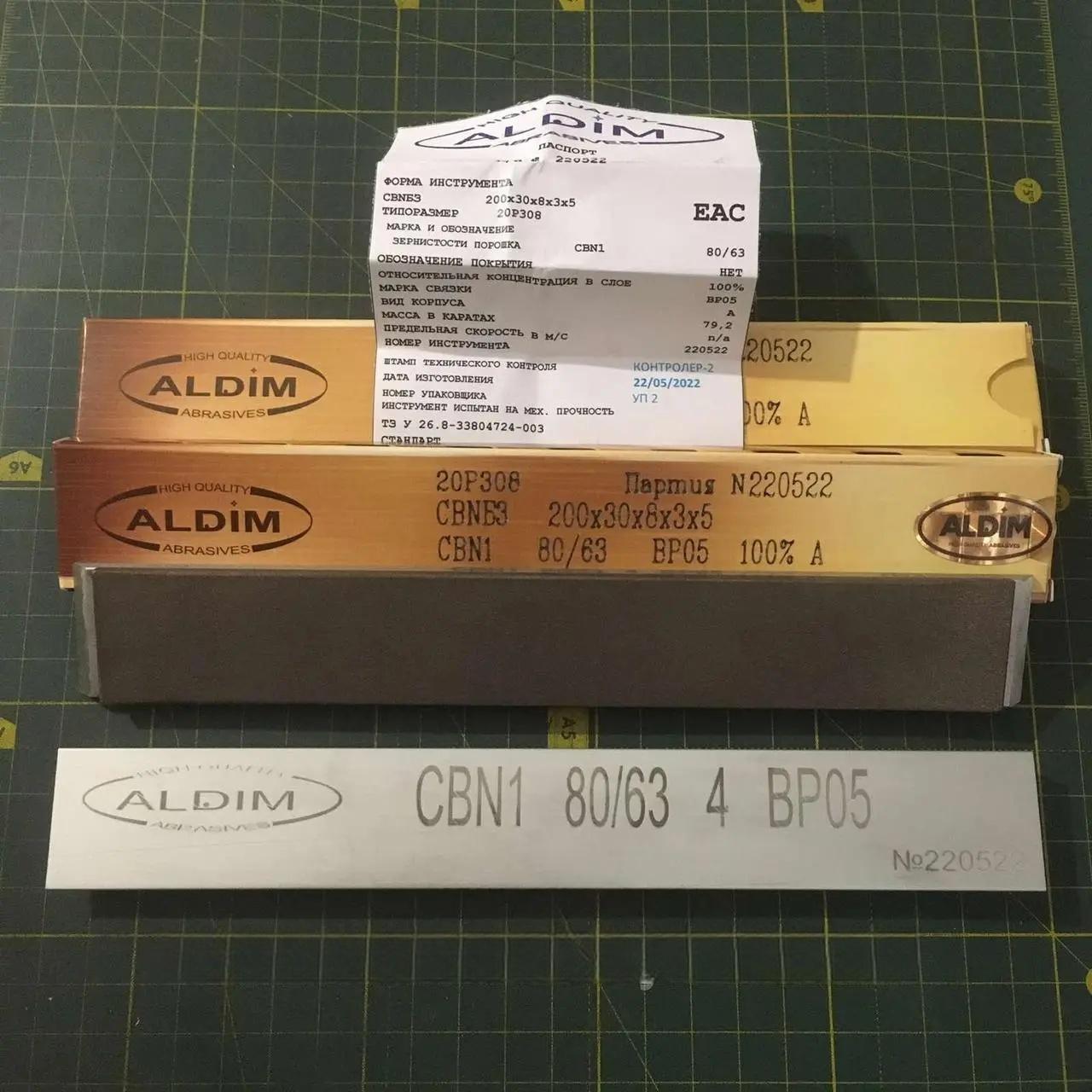
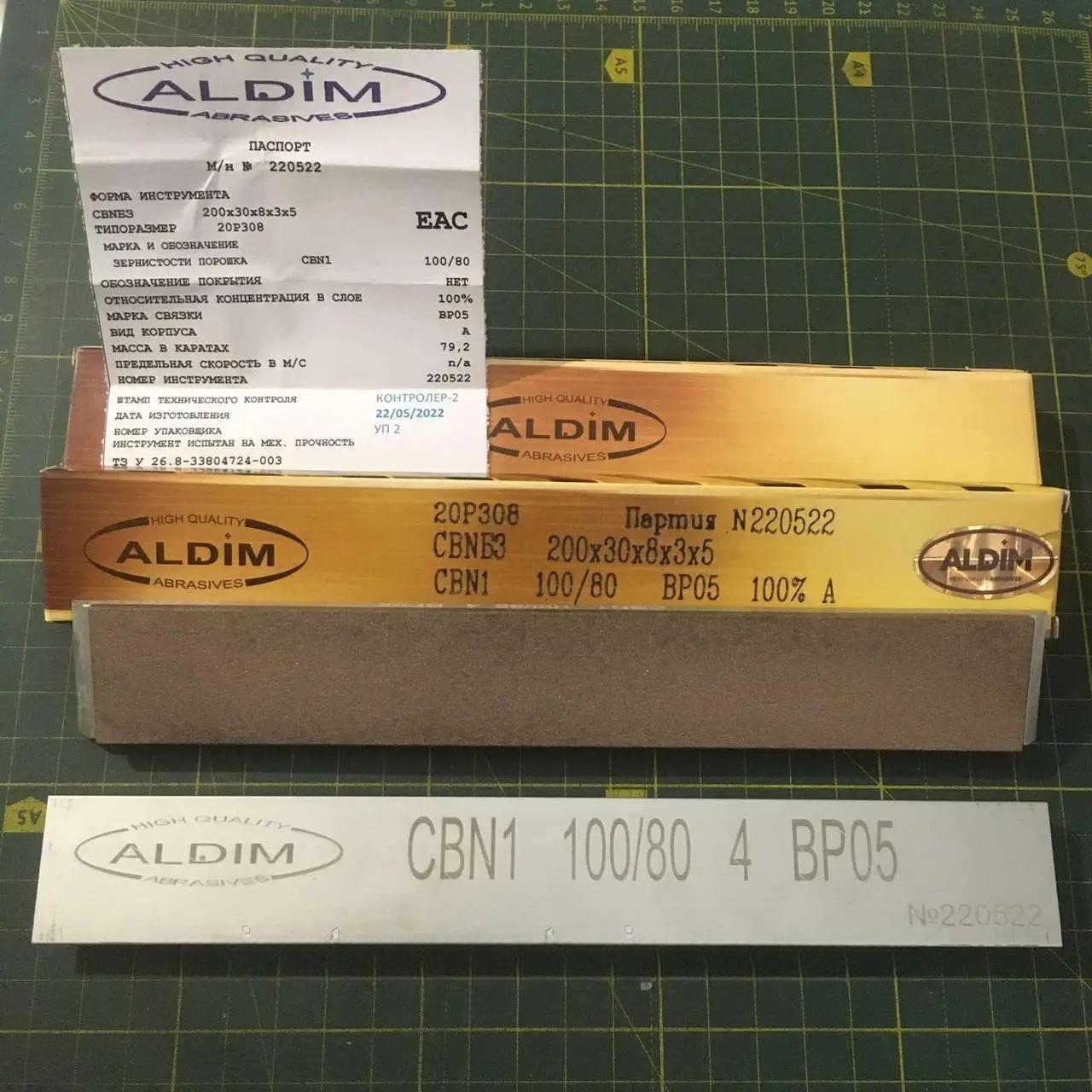
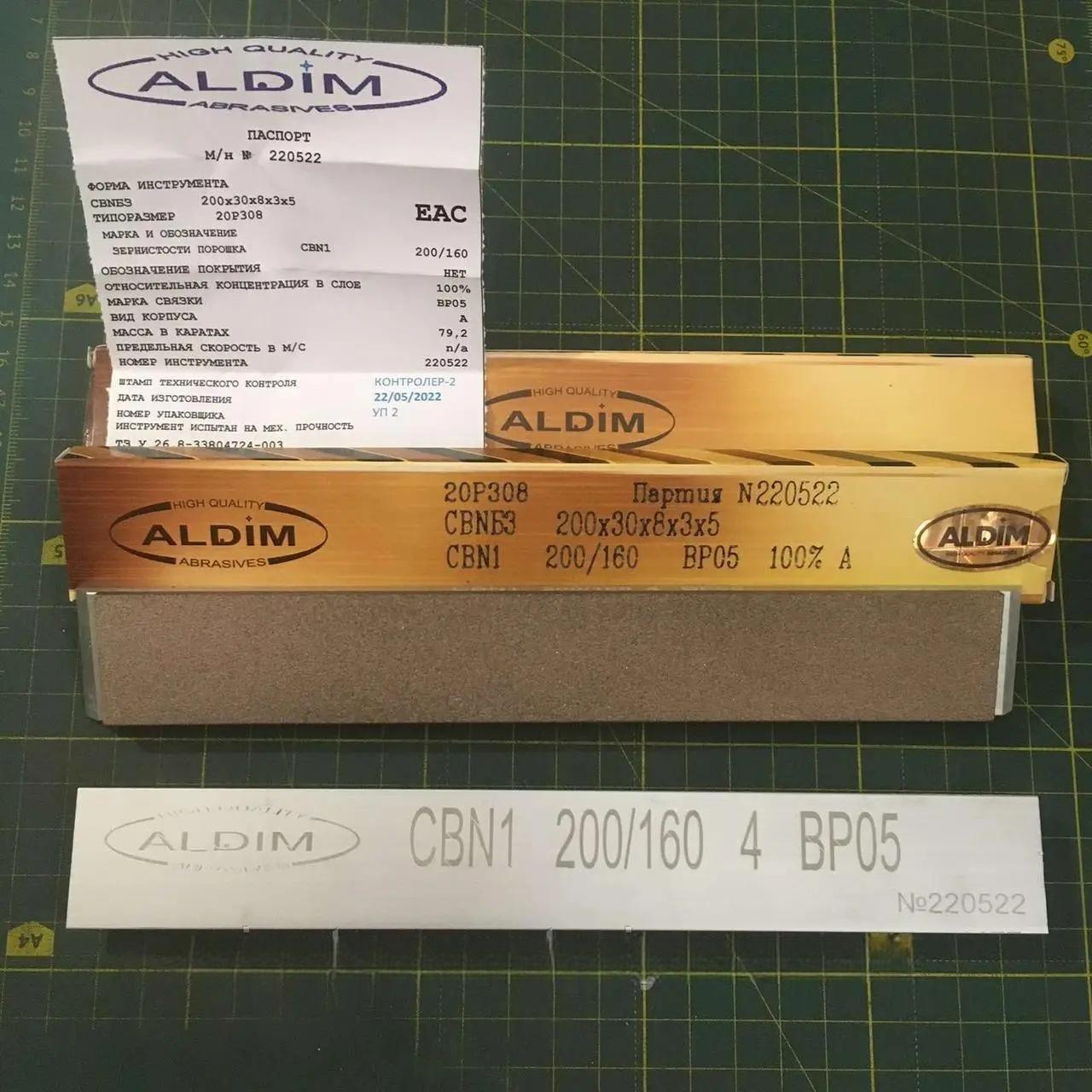
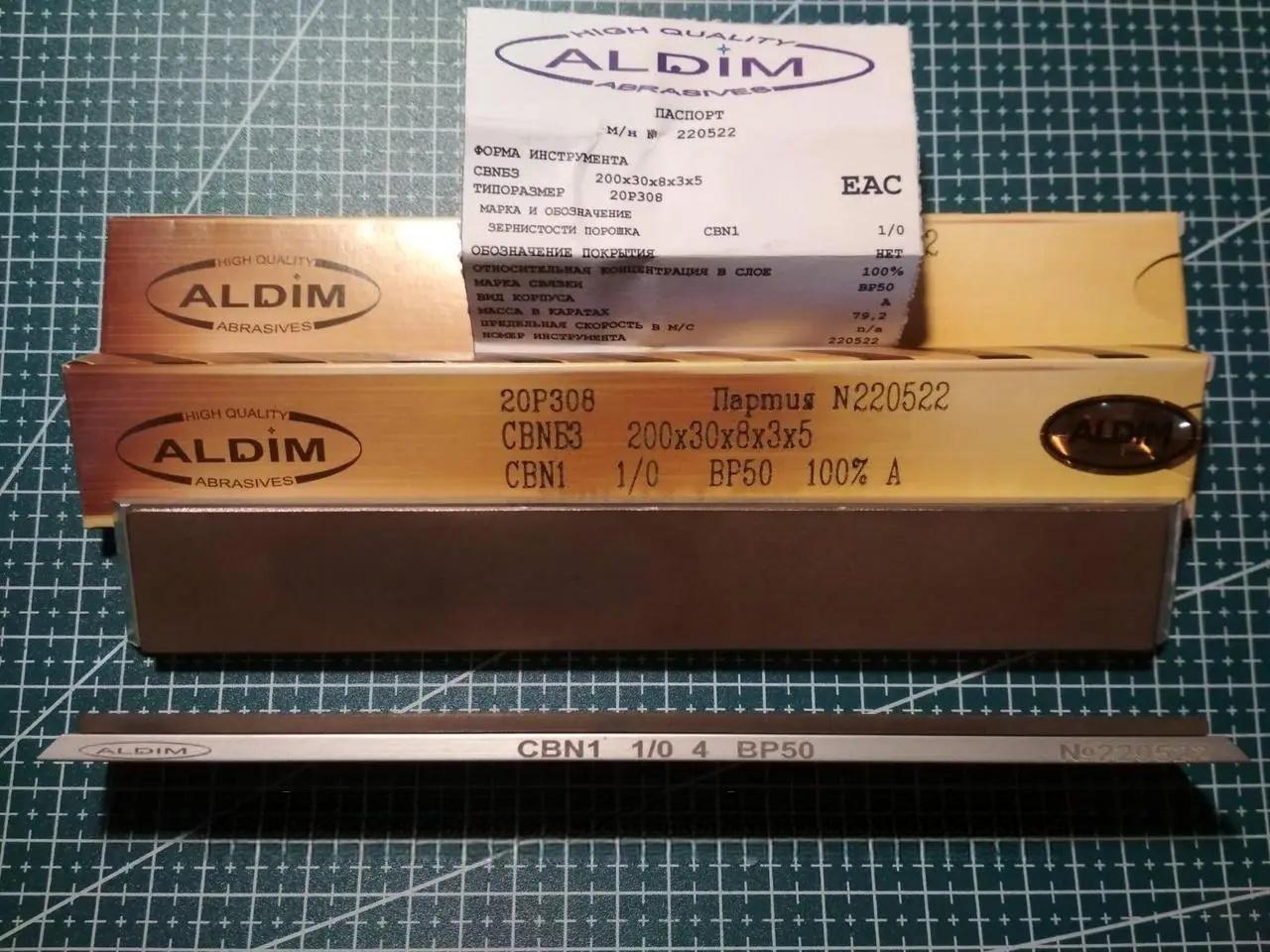
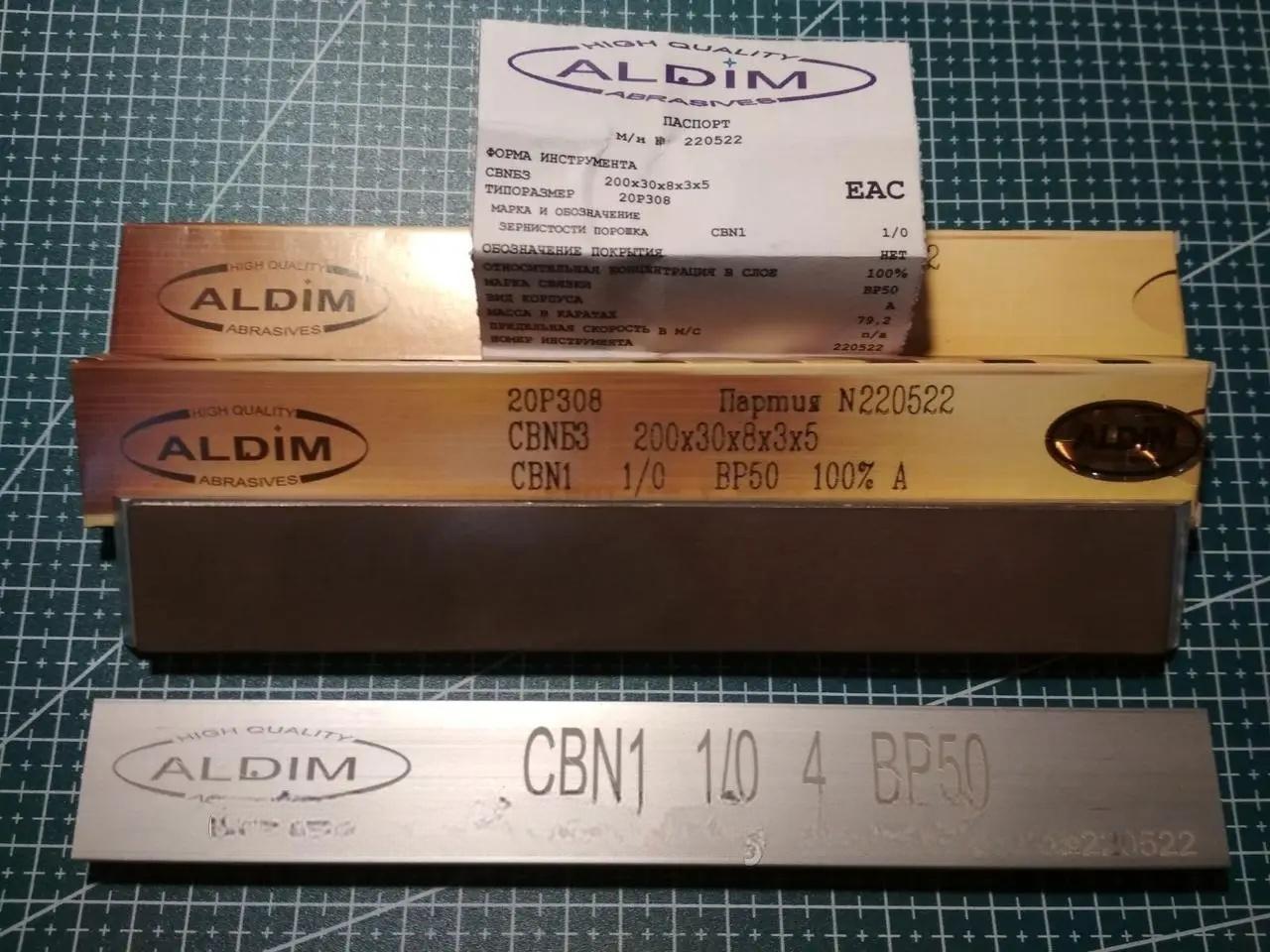
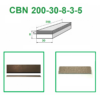
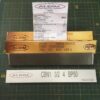
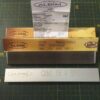
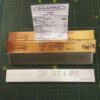
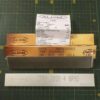
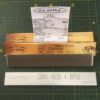
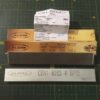
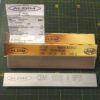
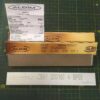
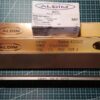



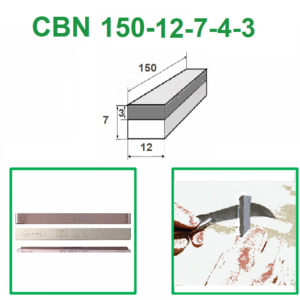

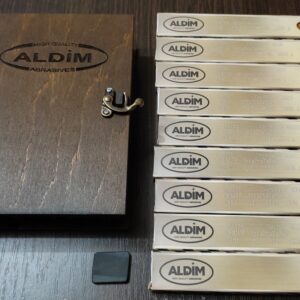
Reviews
There are no reviews yet.